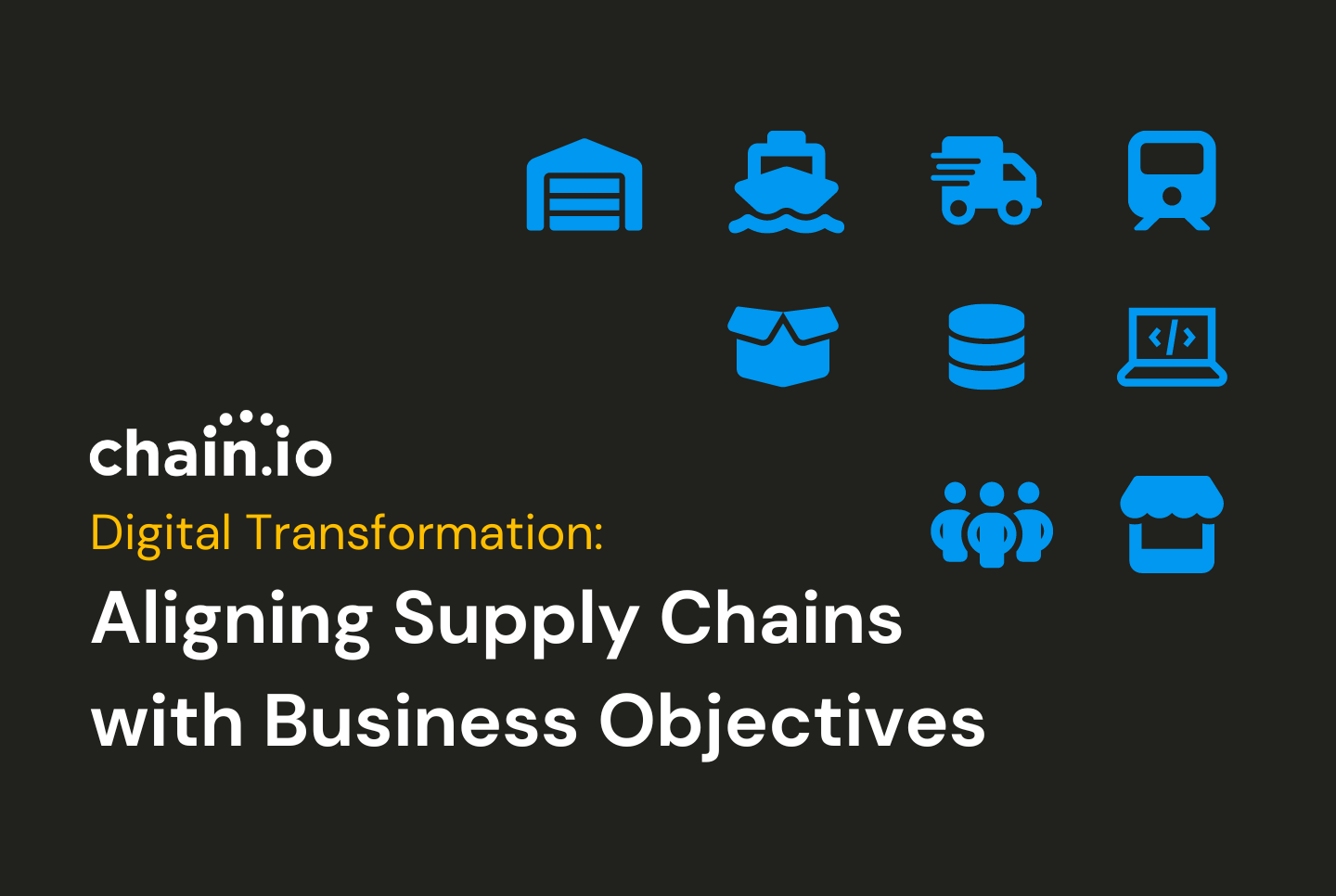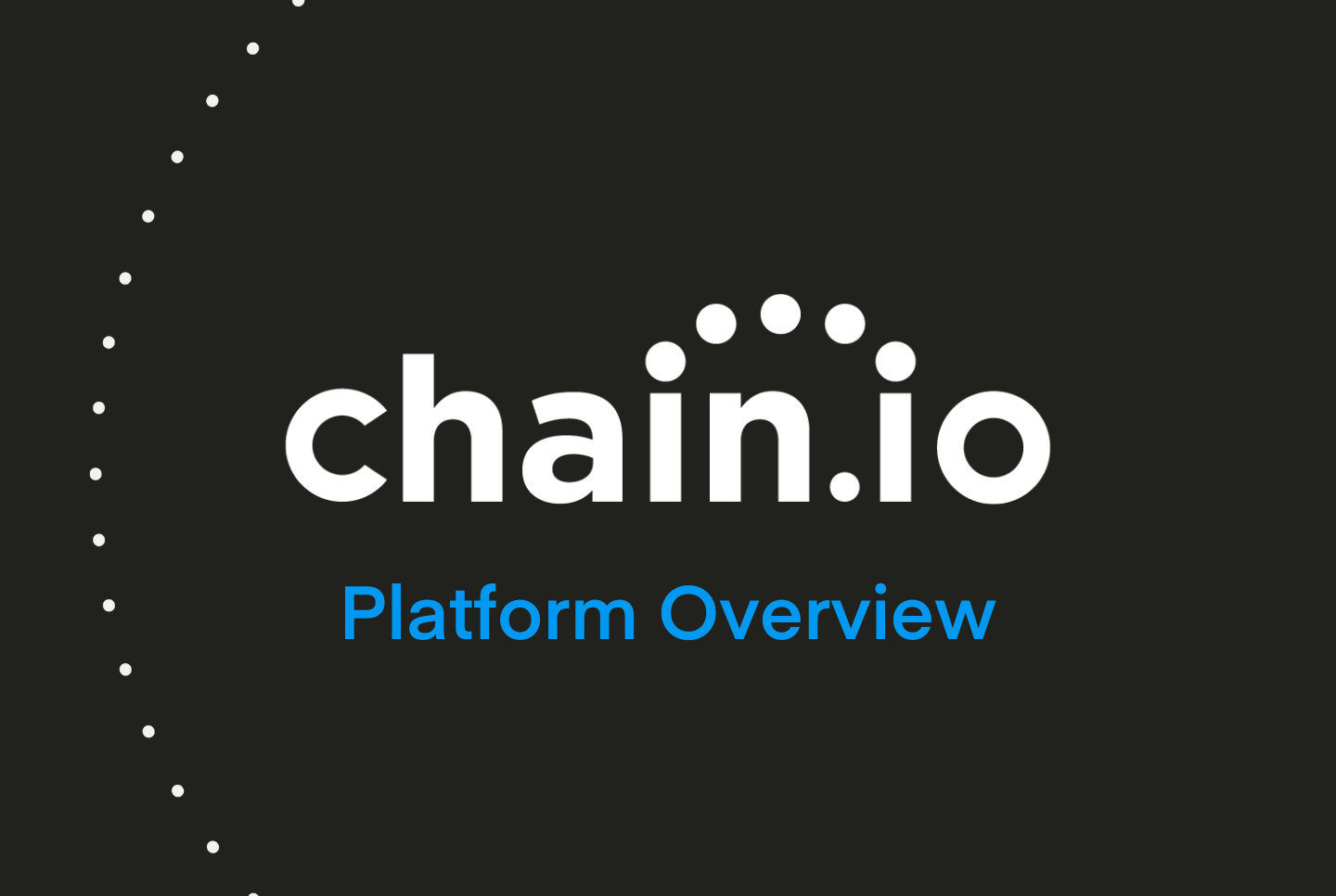
As an international shipper, staying on top of the latest regulations and ensuring compliance is critical.
Most shippers have gaps in their compliance and regulations processes though. These gaps arise when your shipping operations don't fully meet the required international, national, or local regulations. This could be due to outdated processes, lack of awareness, insufficient data management, or simply misinterpreting new rules.
For example, imagine you’re shipping electronic goods and need to comply with the EU RoHS (Restriction of Hazardous Substances) directive. If your tracking system is not updated to capture and report the required information about hazardous substances in your products, this oversight could lead to significant fines, operational delays, and damage to your company's reputation.
Or if you’re shipping cargo and you need to comply with the EU's Emissions Trading System (ETS) for CO2 emissions and your systems for tracking and reporting emissions data are not updated to capture the latest requirements, you’ll suffer similar consequences.
To be compliant with customs processes, carbon reporting processes, or aware of the latest sanctions, shippers need to turn to data. Having access to data from your suppliers, service providers, and other systems in one central location gives your supply chain team the power to avoid non-compliance, and the fees associated with it.
Customs Regulations
Customs compliance typically involves several critical aspects:
- HS Codes Accuracy: Ensuring that every item in your shipment is classified under the correct Harmonized System (HS) code is fundamental. Misclassification can lead to wrong tariff applications, resulting in either overpayments or penalties for underpayments.
- Country of Origin Labeling: Accurately labeling where each part of your shipment was manufactured is crucial not only for compliance but also for consumers and businesses who may face import restrictions based on origin.
- Trade Agreements Compliance: Adhering to trade agreements like NAFTA or the USMCA requires a deep understanding of the rules of origin and local content requirements. These agreements can significantly affect the duties and tariffs applied to your goods, depending on their origin and how they are processed.
Customs regulations are dynamic, with frequent updates that can affect how goods are classified and taxed. Each country has its own set of documents and requirements, from commercial invoices to packing lists and certificates of origin, and the complexity only increases with the number of countries you ship to and from. With numerous global trade agreements in effect, each with its own set of rules and tariffs, managing compliance can be particularly challenging. Mistakes in understanding or applying these agreements can lead to delays, fines, or the seizure of goods.
Having access to your customs related data helps your supply chain team ensure all documentation is accurate and updated as regulations change. Integrating your systems streamlines the customs clearance process and helps minimize the risk of costly delays and penalties.
Customs Technology
Leveraging a solution like Altana can ease the burden of your customs compliance process. Altana AI uses advanced analytics to sift through and analyze vast amounts of trade data, helping you stay compliant with trade regulations, monitor risks, and make informed decisions quickly. This AI-driven approach not only reduces the likelihood of human error but also enhances your ability to adapt to regulatory changes efficiently and effectively.
Carbon Reporting Compliance
The regulatory landscape around carbon emissions has become even more complex in recent years. Here are a few of the many reporting regulations that shippers need to be aware of:
- EU Emissions Trading System (ETS): A cornerstone of the EU's policy to combat climate change, the ETS regulations work on a "cap and trade" principle, where a cap is set on the total amount of certain greenhouse gasses that can be emitted by organizations in a particular system. Companies receive or buy emission allowances, which they can trade with one another as needed.
- SEC Climate Disclosure Rule: The U.S. Securities and Exchange Commission (SEC) is also making significant strides with its rule for climate-related disclosures for investors. This initiative aims to standardize how public companies report on their climate-related risks, including detailed disclosure of greenhouse gas emissions. This move toward standardized reporting is expected to have a considerable impact on how companies approach their emissions data.
- EU Carbon Border Adjustment Mechanism (CBAM): Introduced as part of the European Union's Green Deal, the CBAM is a policy aimed at preventing carbon leakage and promoting cleaner industrial production. It functions by imposing a carbon price on imports of certain goods from outside the EU, based on their carbon content. This mechanism is designed to ensure that ambitious climate action in Europe does not lead to 'carbon leakage'—where companies transfer production to countries with less stringent emissions constraints.
- California Climate Corporate Accountability Act: This act requires large companies operating in California to disclose their carbon footprint, encompassing direct and indirect emissions. This transparency is aimed at holding corporations accountable for their part in contributing to climate change. (California Climate Corporate Accountability Act)
The major challenge in carbon reporting compliance lies in the accurate and consistent gathering of CO2 emissions data across various systems and jurisdictions. This process can be overwhelming due to data fragmentation, varied standards and formats, and changing regulations.
An additional complexity is the need to reduce Scope 3 emissions across supply chains. These are the indirect emissions that occur in a company’s value chain, such as those from purchased goods and services, business travel, waste disposal, and more. For shippers, Scope 3 emissions can represent a significant portion of their overall carbon footprint, making it essential to track and report them accurately.
Having access to your carbon emissions data gives your team the power to analyze patterns, find ways to reduce emissions, and stay compliant with the latest and ever-changing regulations.
Climate Technology
We have pre-built connections with some of the top CO2 data providers across the supply chain industry that are helping supply chain teams gather the information they need to be compliant with industry regulations.

- EcoTransIT World: EcoTransIT World enables automation calculations of energy consumption, carbon emissions, air pollutants, and external costs across a company’s entire supply chain.
- Lune: Lune offers GLEC-certified CO2 emissions calculations, high-quality carbon offsetting, and carbon insetting. Enable greener decisions, meet regulatory requirements, and drive growth with an end-to-end climate action offering.
- Pledge: Pledge enables freight forwarding companies to add accredited emissions measurement, reporting and offsetting to their services.
- Searoutes: Searoutes provides CO2 emissions for transport, and powerful routing engines that accurately match the services operated by the carriers.
Sanctions
Sanctions compliance is also critical for international shippers. You must ensure that your operations do not violate any international sanctions, which typically involve restrictions on trade with specific countries, entities, or individuals. These restrictions can cover a wide range of activities, including exports, imports, financial transactions, and even certain types of business relationships.
- International Sanctions Lists: Entities must regularly check against lists from various bodies such as the United Nations, the European Union, the U.S. Treasury Department's Office of Foreign Assets Control (OFAC), and other national and international regulatory agencies. These lists specify entities, individuals, and countries with whom trade is restricted or prohibited.
- Sectoral Sanctions: These are more targeted and may apply to specific industries, such as oil and gas, financial services, or technology sectors. They often prohibit certain types of transactions within these sectors but allow others.
Sanctions compliance is particularly challenging due to the dynamic nature of the regulations and the complexity of global supply chains. Sanctions lists are frequently updated, often without much notice. Modern supply chains are highly interconnected and can involve multiple tiers of suppliers and partners. Ensuring that none of these entities are on a sanctions list adds significant complexity. Non-compliance can lead to severe penalties, including fines, seizure of goods, and reputational damage. In some cases, companies may face legal actions and long-term bans from certain markets.
Accurate and timely data is crucial for sanctions compliance. You need to ensure that all relevant shipment details are accessible to be checked against the latest sanctions lists to avoid inadvertent violations.
Sanctions Compliance Technology
Windward is a Maritime AI™ company offering a comprehensive platform for risk management and maritime domain awareness. Their sanctions screening solution evaluates sanctions and trade compliance to wet/dry bulk and containers to give supply chain teams full transparency into the vessels their freight is on.
With many new sanctions, port authorities, traders, shipping companies, bunker suppliers, and more will now have to go beyond sanctions list screening, and track deceptive shipping practices through every milestone of a vessel’s journey. Windward also tracks and screens vessels to ensure your freight isn’t on a vessel that performs dark activities.
Explore WindwardOther Strategies to Mitigate Supply Chain Risk
Freight insurance ensures that shippers, carriers, and consignees can recover the value of their goods if something goes wrong during transportation. Beyond financial protection, purchasing freight insurance gives peace of mind to shippers and consignees, knowing that they are protected against various potential hazards that could impact their cargo.
Some trade agreements and regulations may require proof of insurance for goods in transit. Having appropriate freight insurance ensures compliance with these requirements, avoiding potential legal and regulatory issues.
For LSPs, offering insured shipments can enhance your customer’s confidence in your business and overall satisfaction. Your shipper customers are reassured that they will not face financial loss if their goods are damaged or lost during transport. Redkik, an embedded insurance solution combined with powerful risk-management, enables forwarders to offer freight insurance from the provider of their choice to customers at the time of booking and process insurance payments directly in a TMS.
Use Your Data for Compliance
Making sure your supply chain is compliant with industry regulations, from customs clearance processes to emissions reporting requirements, is an ongoing challenge. When data is inaccessible, living in your service or technology providers systems and formats, your business is at a greater risk of non-compliance and hefty fines.
Beyond the immediate financial penalties and operational disruptions, persistent compliance issues can damage relationships with partners and customers, affecting your business’ growth and profitability. As regulations change and needs adapt, your team needs access and control to your data to ensure accurate reporting.
How Chain.io Helps
Chain.io connects you to the data you need to control your compliance and reporting processes.
Chain.io automates the collection, standardization, and mapping of your compliance data. Whether you need automated customs declarations from importers or CO2 emissions data from service and software providers, Chain.io makes sure you have the right information available when you need it.
Having actionable and accessible data allows for real-time monitoring of compliance status, enabling the team to identify and address potential issues before they escalate. Making compliance data available across the organization ensures that all team members are informed and aligned in their efforts to meet regulatory standards, significantly reducing the risk of non-compliance.
To learn more about closing your compliance and regulations gaps so your supply chain team has the power to avoid non-compliance, explore our pre-built solutions or book a meeting with our team of supply chain experts.
Explore SolutionsBook a Meeting


